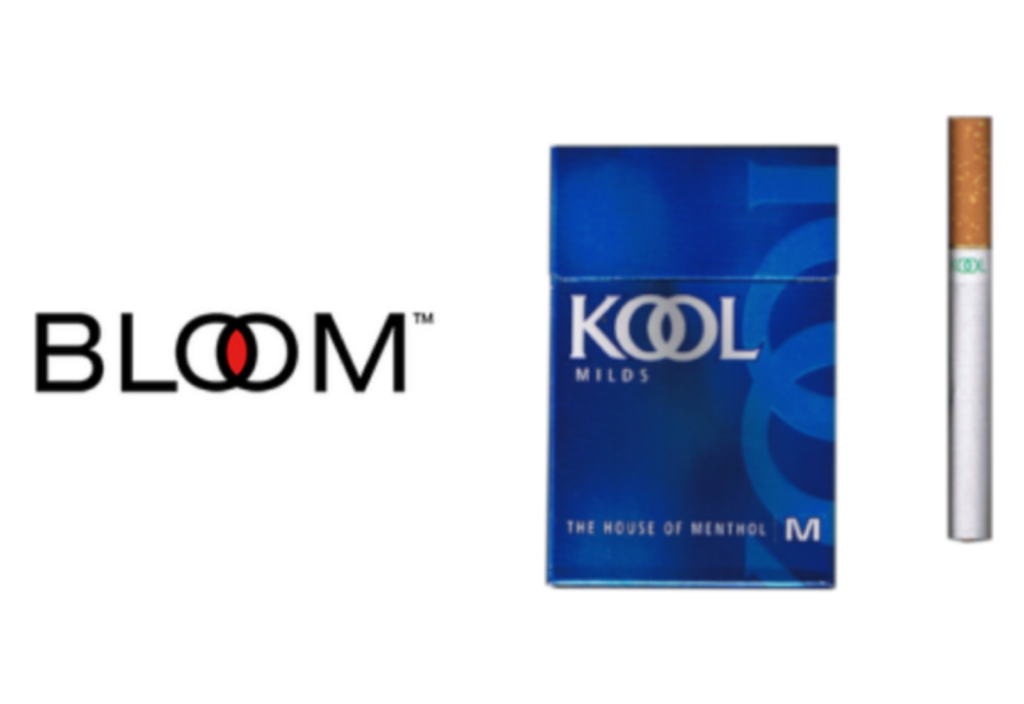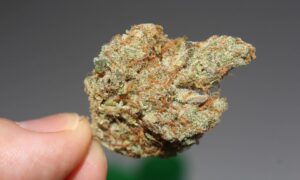Cannabis Trademark Litigation: A Preliminary Injunction Is Issued Against Capna Intellectual

Preliminary injunctions are quite difficult to obtain
Author: Jihee Ahn
We have been closely following litigation brought by tobacco giant ITG Brands against cannabis company Capna Intellectual. As we wrote reported on June 27, ITG sued Capna on a trademark dilution claim related to ITG’s “KOOL” brand. ITG’s branding uses “KOOL OOs” while Capna’s branding uses “BLOOM OOs.”
In another blow to Capna following the denial of its motion to dismiss, Judge Wright granted ITG’s motion for preliminary junction last week, which will severely limit Capna’s ability to use the allegedly infringing mark during the pendency of the case.
As a refresher, a preliminary injunction issues in the Ninth Circuit when the plaintiff (here, ITG) establishes:
- It is likely to succeed on the merits;
- It is likely to suffer irreparable harm in the absence of preliminary relief;
- The balance of equities tips in its favor; and
- An injunction is in the public interest (preventing consumer confusion and protecting trademark rights serves the public interest).
With respect to the first factor, and as I mentioned in my previous post, Judge Wright had already signaled he agreed with ITG’s claims when denying Capna’s motion to dismiss. To prevail on a trademark infringement claim, ITG had to show (a) ownership of a valid mark, and (b) use by Capna of a mark that was likely to cause consumer confusion. Here, because ITG owned registered trademarks, that constituted prima facie evidence that its marks were valid. Further, ITG argued a likelihood of consumer confusion existed because all eight factors to be considered were present in this case:
- The strength of the mark: “the KOOL Marks have an extraordinary high level of public recognition” … ITG “have continuously and substantially exclusively promoted … and sold cigarette products bearing the KOOL Marks, which an emphasis on the interlocking “OO”s for more than 88 years.”
- The similarity of the marks: “… the interlocking “OO”s that Defendant uses on its Bloom-branded products are often used in a nearly identical manner to the interlocking “OO”s in the KOOL Marks …”
- The proximity of the goods sold: “Based on the numerous and well-known investments large tobacco companies have been making in cannabis companies, it would certainly be reasonable for a purchaser of Defendant’s product to believe the source of that product to be ITG[].”
- The similarity in the marketing channels used: “That fact that [Capna’s] goods may have been illegal under Federal law, and therefore only sold through state-licensed dispensaries, had no bearing on the Trademark Office’ [previous] conclusion the goods were commercially related.”
- The type of goods and the degree of care likely to be exercised by purchasers: “Here, the products at issue are relatively inexpensive, which would suggest that purchasers would not exercise a high degree of care.”
- The evidence of actual confusion: interestingly, no examples were cited.
- Defendant’s intent in selecting the mark: “Defendant’s wrongful intent in selecting the interlocking “OO”s is further demonstrated by its repeated infringement of other iconic brands.”
- The likelihood of expansion into other markets: “[Capna] is seeking registration of the Bloom Marks for: (1) cartridges used for electronic cigarettes; and (2) electronic cigarettes, oral vaporizers, and other devices for use with cannabis oil extracts containing CBD derived from hemp.”
After full briefing and oral argument, the Court granted ITG’s motion, writing:
“The Court finds good cause exists for the granting of the Motion in that ITGB is likely to succeed on the merits of its claims, that ITGB is likely to suffer irreparable harm in the absence of preliminary relief, that the balance of equities tips in ITGB’s favor, and that an injunction is in the public interest.”
Capna now must comply with the following:
- By August 2, 2021, discontinue all use of ITG’s Interlocking OO’s logo;
- Immediately display corrective advertising and/or other notices on its websites and social media pages informing the general public that Capna will be using new logos;
- By November 30, 2021, cease selling or distributing any and all products that contain the interlocking circles; and
- By November 15, 2021, send notices approved by ITG to all of its retail distributors explaining that each distributor has the option to return any product in its possession bearing the interlocking circles.
Furthermore, during the pendency of the case, Capna is prohibited from expanding the promotion or sale of any products bearing the interlocking circles and provide a monthly accounting to ITG.
Ouch. Preliminary injunctions are quite difficult to obtain and have a higher standard than most court remedies, but this case demonstrates that if granted, they can really hurt (and be effective tools in litigation). We’d be surprised to see the case continue
Source: Canna Law Blog



































